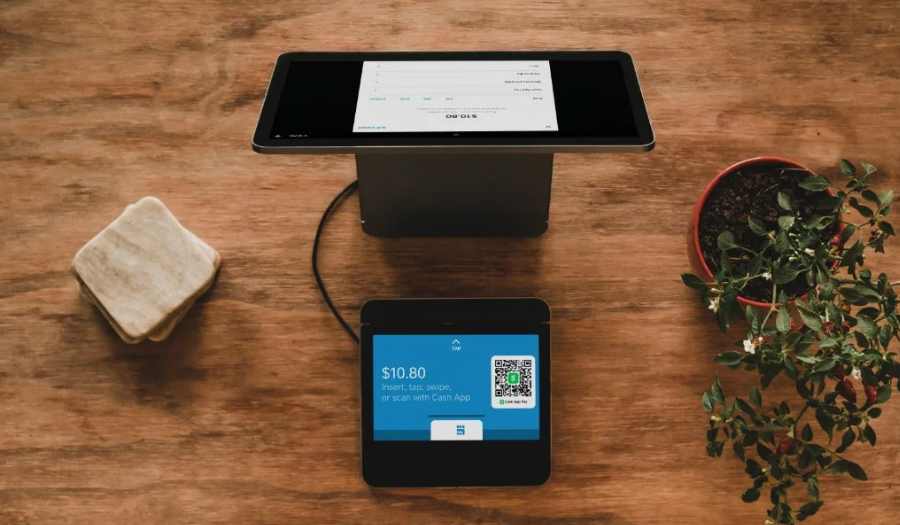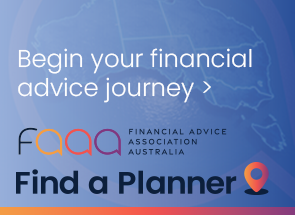When people ask me the best financial advice I’ve ever been given it’s not hard for me to tell it – spend less than you earn.
It’s not a new concept, in fact, English novelist Charles Dickens spoke of it in the 19th century (and even then, it wasn’t a new concept).
“Annual income twenty pounds, annual expenditure nineteen six, result happiness. Annual income twenty pounds, annual expenditure twenty-pound ought and six, result misery.” Charles Dickens.
And in George Clason’s classic, The Richest Man in Babylon, one of the seven rules was control thy expenditures.
1 Spend less than you earn
This sounds very basic, and even too simple to constitute advice, but there are a lot of people who don’t seem to understand this concept.
When you spend less than you earn the by-product is you have money to save. From here you can choose to invest and earmark money for short-term, medium-term or long-term goals.
It also means that you’re not chasing your tail in meeting your living expenses.
It doesn’t help that most people no longer use cash. Drawing out a certain amount of cash and stopping spending when it runs out was once an effective way to spend less than you had but today when it’s so easy to spend on credit it’s a lot harder to be disciplined.
And there are always unexpected expenses – house repairs, car expenses, medical emergencies and family blowouts.
If these are large enough they can dominate several pay cycles which can be hard to recover from.
2 Wait for it
Another great lesson is delayed gratification. Learn to wait – as least for a while – until you can afford it or indeed still want it.
Buying things you can’t afford will set you back more than you may realise.
Firstly, if you are buying things on credit – you are effectively buying money to pay for it. So not only are paying for the item which you’ll need to repay later, but you are paying for the money to buy the item.
For example, your new sofa is $2000, you haven’t got the money so you pay for the sofa on your credit card. At the end of the month, you can’t pay the total on the card, so you pay the minimum and the $2000 for the sofa attracts 20% pa interest. So effectively your sofa has cost you 2000 x 1/12 x .02 = $33.33. Next month if you don’t pay it off it’s also costing you $33.33 and so on, in addition to the $2000 you paid for it. Unless it was very heavily discounted and you’re saving more than the interest you’re paying, it’s a very expensive exercise.
Waiting might also help you decide whether you really want something.
3 Conscious spending
This is simple but not always considered – especially when we are paying most things by card without actually feeling the movement of money.
When you want to spend money – think about it.
Do you really value the item or service you are about to buy?
Is it really going to please you more than an investment for the future – whether short-term, medium-term or long-term?
Is it going to please you more than another purchase?
For example, without flinching you might be paying $100 for lunches each week – which you don’t really enjoy or value. Could you perhaps make your lunches at home and save maybe $70 of that for something you value more.
Having money gives you choices – it’s up to you to make sure you’re making them consciously and making the most of your money and the happiness it can buy.
The Money & Life website is operated by the Financial Advice Association (FAAA). The views expressed in this article are those of the author and not those of the FAAA. The FAAA does not endorse or otherwise assume responsibility for any financial product advice which may be contained in the article. Nor does it endorse or assume responsibility for the information.








